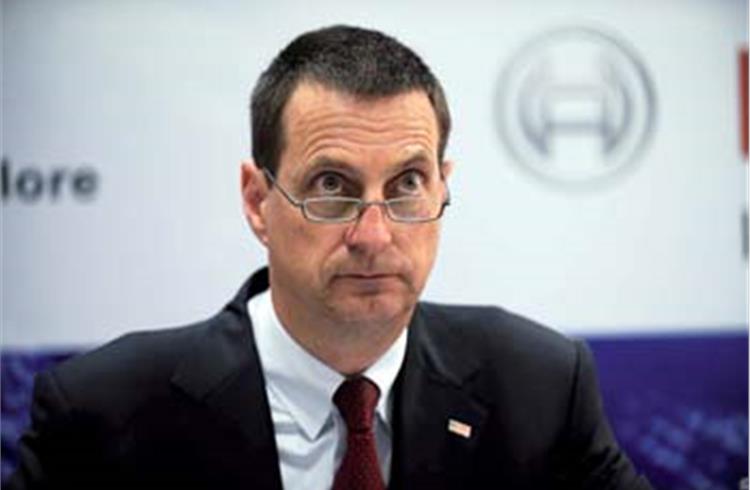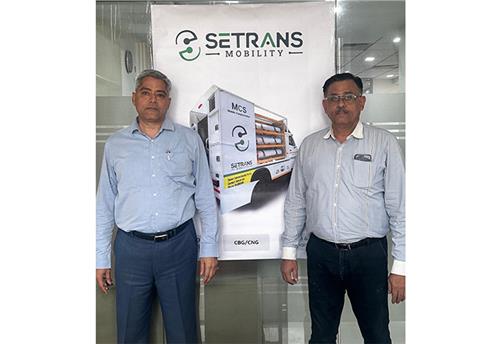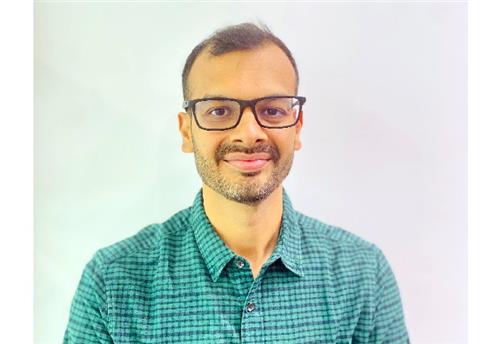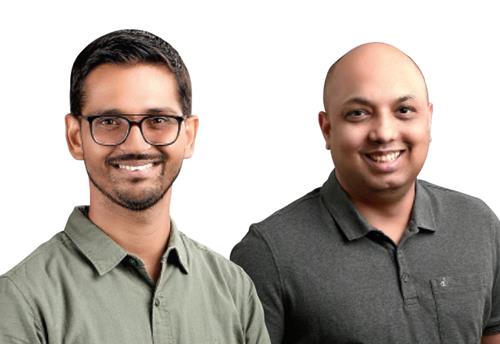Dr Bernd Bohr
Dr Bernd Bohr, Chairman, Automotive Group, Robert Bosch
What does this new ECU plant mean for Bosch?
With the start of ECU manufacturing, we are taking the next logical step by bringing the brain of the vehicle to India. With Bosch India’s and Mico’s over 50-year legacy in producing mechanical parts of highest precision and quality, the commencement of this unit brings to the country and to Bosch India, a whole new set of competencies that opens up a significant segment — engine management and also vehicle safety and comfort.
What is your outlook for 2009 and beyond?
At this point in time, we have been hit by the strongest recession in decades. Our sales for automotive in the first quarter were down 35 percent compared to last year. But we are expecting some stabilisation in the second half of 2009. The market should pick up by 2010 and will again be driven by India and China, where our forecast is 6.5-8 percent growth. However, our recovery is going to come from an extremely low base. The worldwide motor vehicle production and our forecast for 2009 are around 58 million vehicles, which is 20 percent less than 2007. Production will pick up from 2011 onwards, but will be still shy of 2007 levels. Therefore, recovery for the automotive industry on a global scale would be somewhere around 2012.
What is your product strategy for the future?
There are innovative strategies for profitable growth in this very challenging environment. We strongly believe the mega trends of low emissions, rising oil prices and the quest for safety will prevail and will remain the megatrends as they have over the past few years. Our investments will help to provide safer, cleaner and more economical vehicles and also provide a stress-free and comfortable driving experience. These investments will continue and will even be increased.On the powertrain side, we are preparing for Euro 6 emission norms and we are developing electronic drive trains for hybrids but also for the electric vehicle. For this, major investments go into developing magnesium ion batteries together with our partner Samsung SDI and we are investing $ 500 million in the next four to five years.In the area of vehicle safety, we are working on improving the functionality and reducing the cost of life-saving technologies like ABS and ESP. We are gradually including sensors like radar and video to add functionality like lane keeping and automatic emergency tracking. Above all, innovation is going to make these systems more affordable, especially for car buyers in the emerging markets and the best way to do this is to localise development and production. This gives a cost benefit that is obvious but just as important; it brings engineering closer to the market and enables it to be tuned to the real market needs. More than a quarter of our 25,000-odd engineers worldwide are working in the Asia-Pacific region.
How far can Bosch push the Low Cost Vehicle (LCV) envelope, not just for India but also for Europe?
The learning experience we had with the LCV project here in India has proven very positive not only for this market but also other emerging markets. We do see certain chances in China but also for taking the new experience of making things simpler and taking it back to the more established markets and to the lower end of some car platforms. So, we have already been able to transfer some of the software we have developed here for the low-priced vehicles in Europe.Currently, we are on Euro 5 norms for Europe and working on Euro 6. But having had the necessity to make things very simple has proved very valuable for our engineers. That is what we have hoped for in both addressing markets here and at the same time learning something for our established markets.
Can the Nano project be replicated for other small car projects?
Whenever low-priced vehicles come to the market, Bosch will be a natural partner since we can offer low-cost parts besides integrating low-cost elements into existing units. For low-cost vehicles, China and India and parts of Africa and Eastern Europe are potential markets. Besides, we introduced the fuel injection system very successfully in Europe and it is a typically low-cost solution.
How many OEMs in India are you talking to for your start/stop technology?
There are quite a number of OEMs who are interested and we are in active discussions with them. Unfortunately, I can’t name the companies. It is an excellent product and we believe that this small product is extremely relevant for Indian conditions.
What is your overall India gameplan?
We have been continuously investing into India, bringing state-of-the-art technology at the right point in time, when the markets demanded it. India has proved to be a very positive market for the company. The 20 percent per year CAGR growth rate is very satisfactory and we will continue to invest in this business, even if the worldwide economy at the moment is slowing down. We are a privately owned company and we have the finance and the possibility to invest. We have been investing over the past four years, every year roughly Rs 500 crore within Bosch as a group, and we will continue to do so as we go forward.
RELATED ARTICLES
Setrans Mobility Booster Charging top-up 25% EV range in 15 minutes
Two enterprising tech-savvy entrepreneurs Rana Roshan Singh and Vivek Ummat of Noida, Uttar Pradesh-based start-up Setra...
'Our products are proudly 100% designed and made in India'
Creatara Mobility, a New Delhi based electric two-wheeler startup, claims to have tackled various challenges in making i...
'EVs have been around for a much smaller time than ICE, so best practices are still evolving'
EV OEMs and start-ups are under pressure to reduce production costs and bring them close to ICE counterparts. Vaibhav Ku...





 By Autocar Pro News Desk
By Autocar Pro News Desk
 15 Jun 2009
15 Jun 2009
 1957 Views
1957 Views









